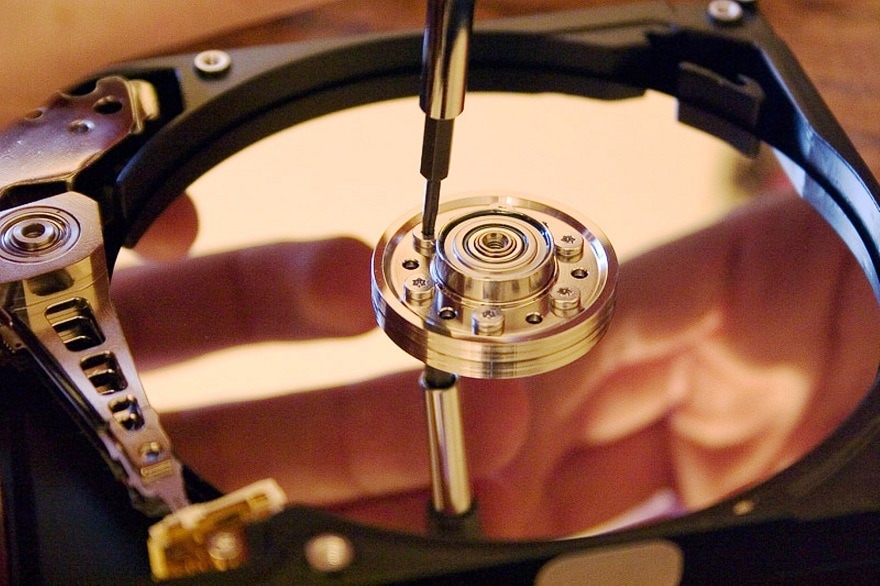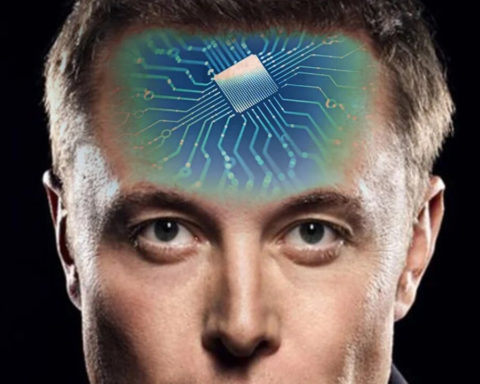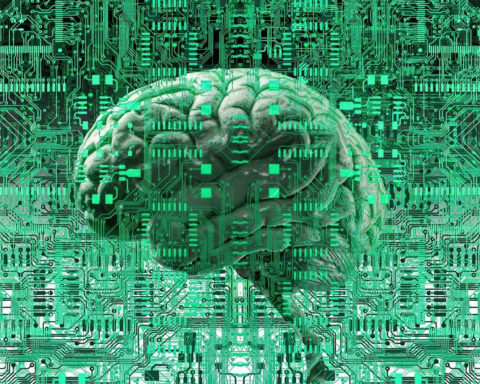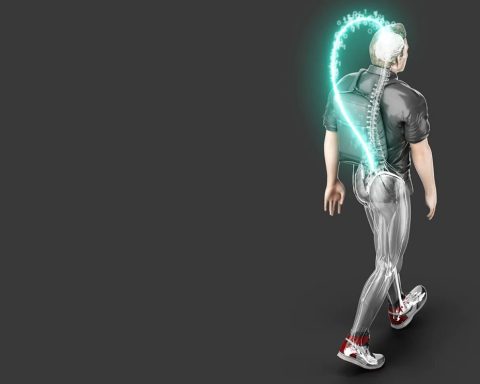An anatomical fact with emotional consequences...
A more or less "muscular" prospective memory
Innovating, transforming, requires the ability to doubt, but also perceptive openness and emotional security.
The Paradox of the Information Age





Already registered? I'm connecting
Register and read three articles for free. Subscribe to our newsletter to keep up to date with the latest news.
→ Register for free to continue reading.

You have received 3 free articles to discover UP'.





